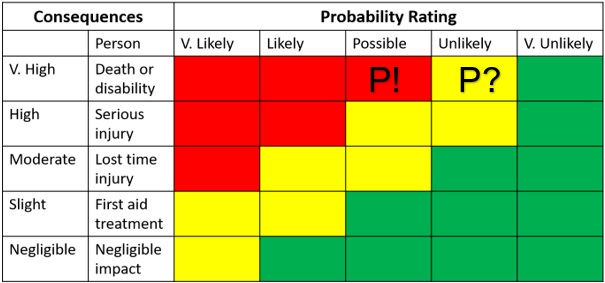
Since 2016, the National Offshore Petroleum Safety and Environmental Management Authority (NOPSEMA) has been raising concerns with the offshore petroleum industry about the susceptibility of dynamic positioning (DP) system controls to human error. This concern originated from an incident in Commonwealth waters where a vessel unintentionally drifted off location when the DP system was inadvertently deactivated via an accidental double-press of a DP button. Although no one was injured, the lives of divers working on the seabed nearby were put at risk. NOPSEMA published a safety alert describing the incident. Regulators from the US and the UK subsequently notified NOPSEMA of loss of position incidents with similar causes in their jurisdictions. This suggested that the likelihood of loss of position events might have been underestimated by facility operators during their risk assessment processes.
Analysis of a database of station keeping incident data from 2000-2016 identified an additional 14 incidents involving accidental activation or deactivation of a button or switch leading to a loss of position. The operator of the vessel facility involved in the 2016 incident had classified the probability of this type of event as “Unlikely”, where “a rare combination of factors would be required for an incident to result”. Analysis of the global dataset contradicts this classification. The frequency of unintended deactivation of DP systems indicates a larger probability, requiring the application of further control measures to mitigate the risk.
NOPSEMA has undertaken a work program to identify the steps operators in Australia have taken to improve the error tolerance of their DP systems. Information received from 28 DP facilities indicates that 96% rely on double-press functionality as a means of protecting against unintentional deactivation of three-axis control. The majority of facilities had taken additional steps to ensure their DP systems are error tolerant, and that the risk of inadvertent mode deactivation is reduced to as low as reasonably practicable (ALARP).
The change in probability rating based on analysis of international database indicates a need for additional control measures to reduce risk to ALARP
Joelle Mitchell | Technical Officer – Human Factors
Assessment & Inspection Vessel Facilities
National Offshore Petroleum Safety and Environmental Management Authority
